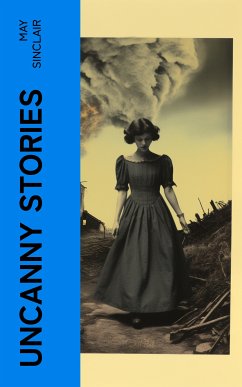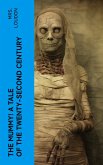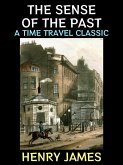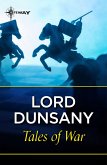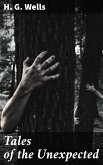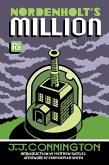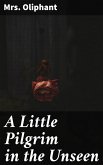The author of this book, May Sinclair, was an innovator of modern fiction. She lived in the late Victorian era, and her stories were quite untypical of the time. She is considered a precursor to Virginia Woolf. The specific trait of the Uncanny Stories (1923) by Sinclair is a combination of the traditional ghost story with the discoveries of Freud and Einstein. The stories shock, enthrall, delight, and unsettle.
Dieser Download kann aus rechtlichen Gründen nur mit Rechnungsadresse in A, B, BG, CY, CZ, D, DK, EW, E, FIN, F, GR, H, IRL, I, LT, L, LR, M, NL, PL, P, R, S, SLO, SK ausgeliefert werden.
Hinweis: Dieser Artikel kann nur an eine deutsche Lieferadresse ausgeliefert werden.

